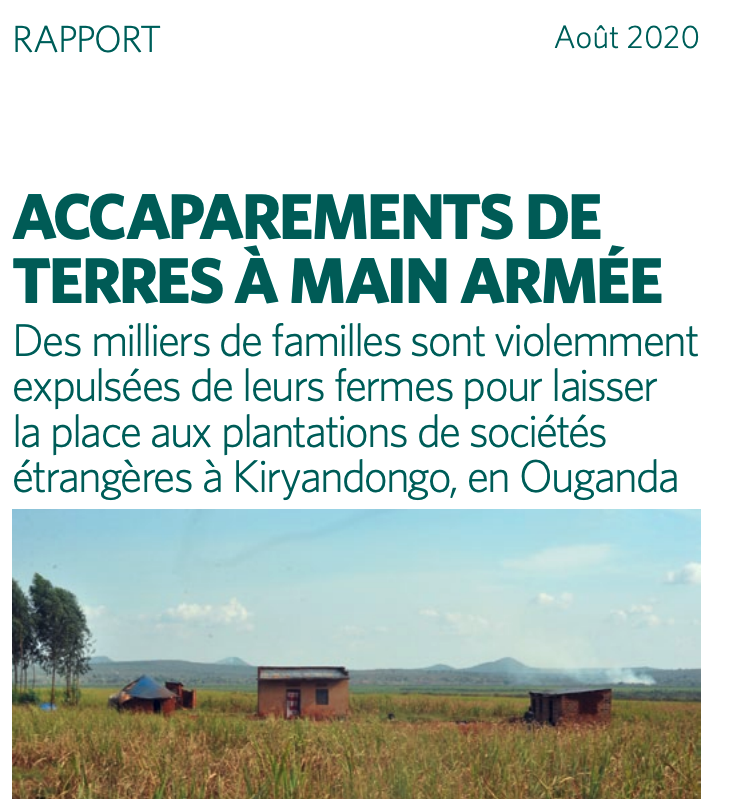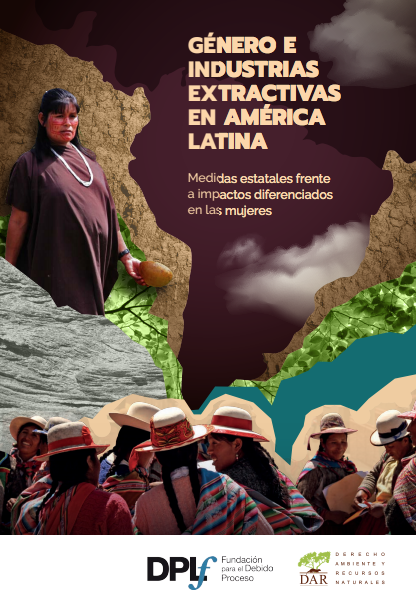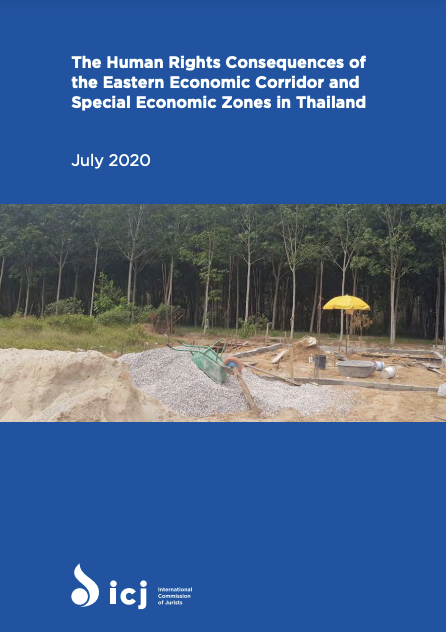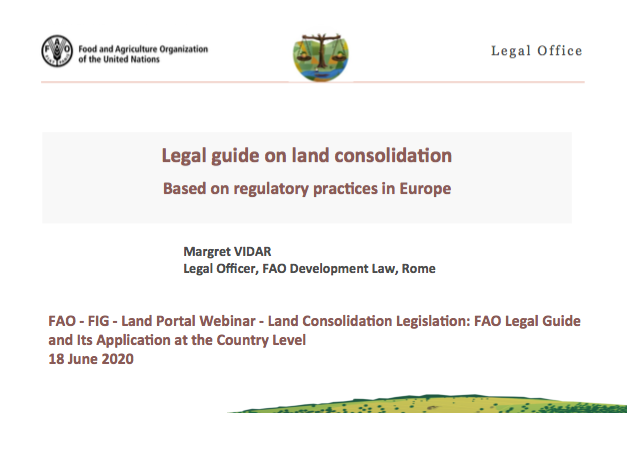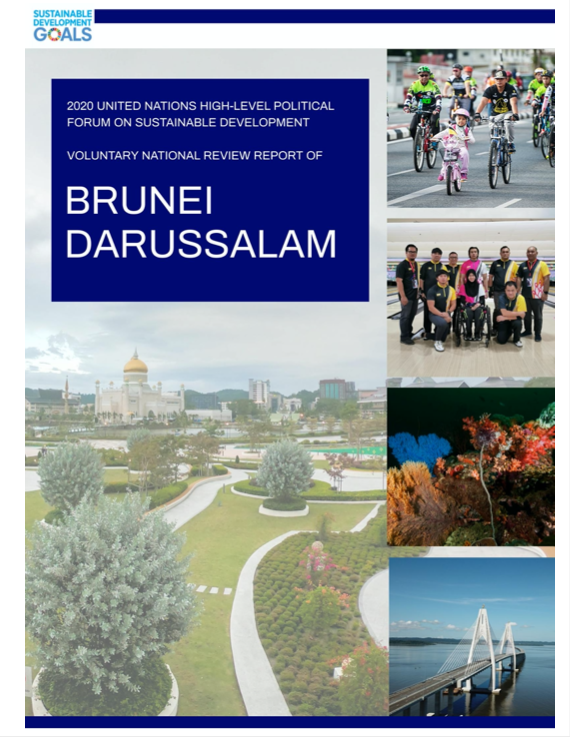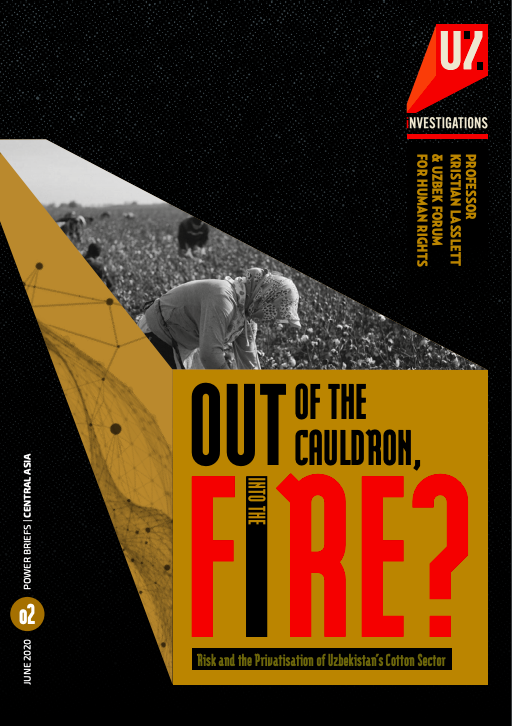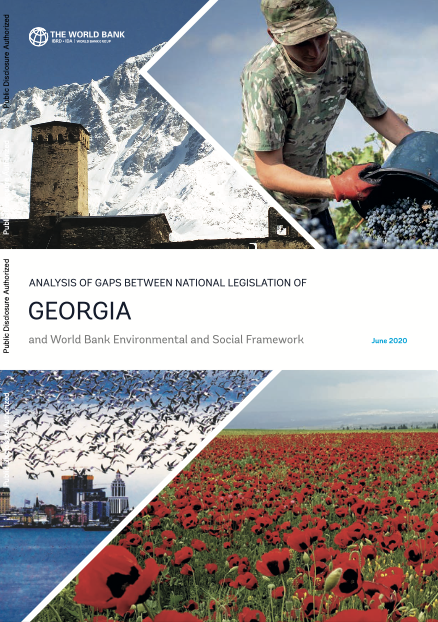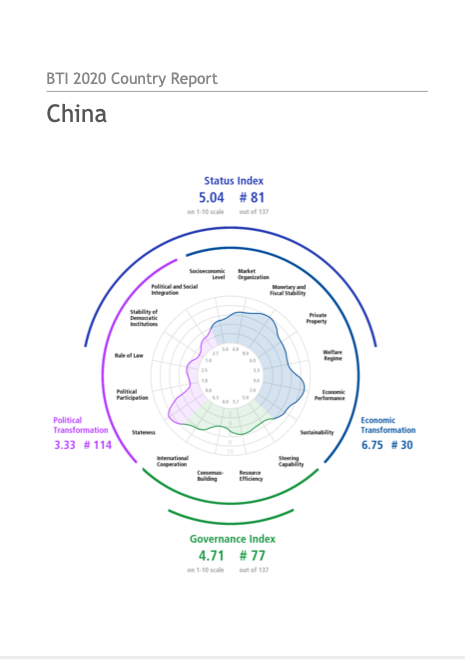Accaparements de terres à main armée : Des milliers de familles sont violemment expulsées de leurs fermes en Ouganda
Trois sociétés multinationales – Agilis Partners, Kiryandongo Sugar Limited and Great Season SMC Limited – sont impliquées dans des accaparements de terres, des expulsions violentes de personnes hors de leurs habitations et à l'origine d'innombrables humiliations et du désespoir de milliers de familles demeurant dans le district de Kiryandongo, en Ouganda.

